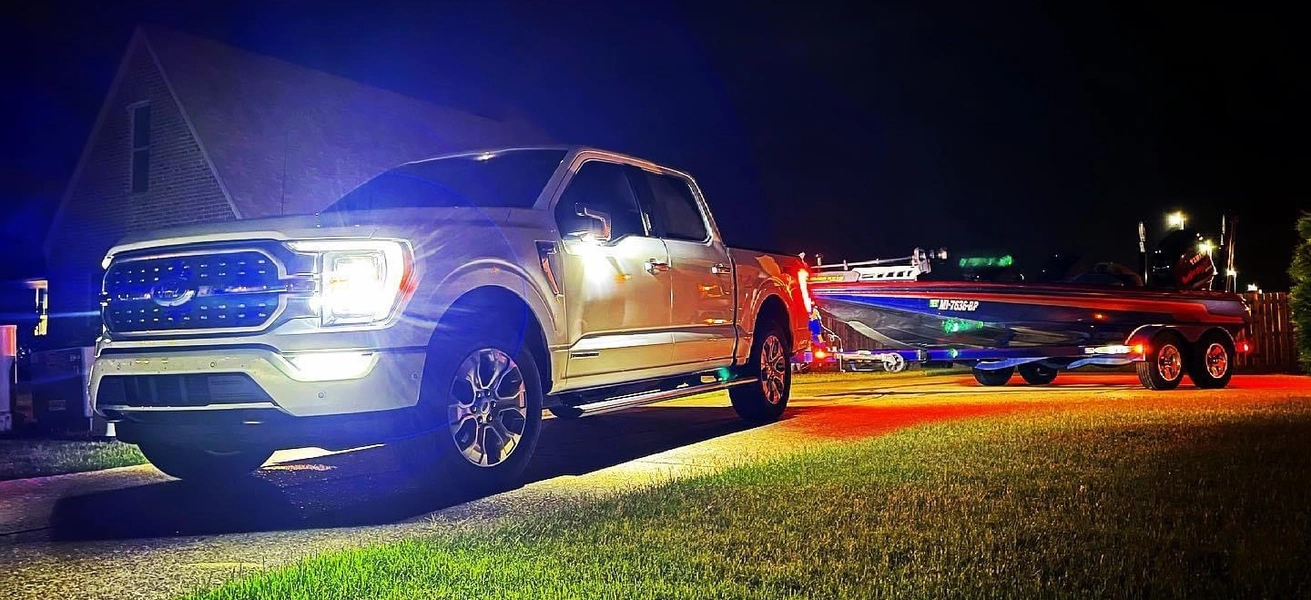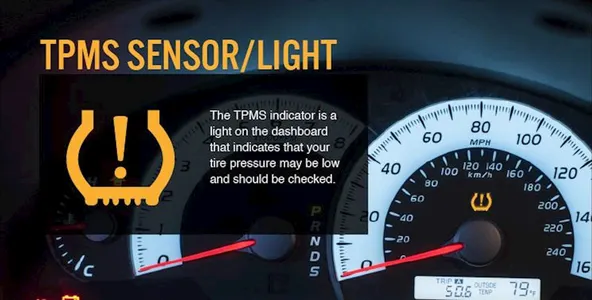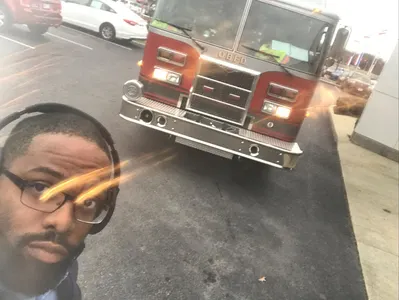When it comes to buying a new vehicle, especially if you have a passion for hauling trailers, boats, or planning adventurous road trips, understanding towing capacity is crucial. Towing capacity is the maximum weight your vehicle can safely tow. Here’s a comprehensive guide on what to look for when buying a vehicle with towing capabilities.
1. Understanding Towing Capacity
What is Towing Capacity? Towing capacity is the maximum weight your vehicle can safely tow. This includes the weight of the trailer, the cargo in the trailer, and any additional equipment.
Why is Towing Capacity Important? Exceeding your vehicle’s towing capacity can lead to dangerous situations, including loss of control, brake failure, and significant damage to your vehicle’s engine and drivetrain.
2. Know Your Needs
Assess Your Towing Requirements Consider what you will be towing. Are you hauling a small trailer, a boat, or a large RV? Understanding your towing needs will help you choose a vehicle with the appropriate capacity.
Frequent vs. Occasional Towing If you tow frequently, you’ll need a vehicle with higher towing capabilities and durability. For occasional towing, a vehicle with moderate towing capacity might suffice.
3. Key Specifications to Consider
Gross Vehicle Weight Rating (GVWR) GVWR is the maximum weight your vehicle can safely handle, including its own weight, passengers, cargo, and the tongue weight of the trailer.
Gross Combined Weight Rating (GCWR) GCWR is the total allowable weight of your vehicle, including the trailer and its load. This helps ensure that your vehicle can handle both its own weight and the additional load.
Tongue Weight Tongue weight is the downward force exerted on the hitch by the trailer. It typically should be 10-15% of the total trailer weight.
4. Types of Towing Vehicles
Trucks Pickup trucks are the most popular choice for towing due to their high towing capacity and versatility. Look for models with enhanced towing packages.
SUVs Many SUVs offer robust towing capacities, especially larger models. They provide a balance between passenger comfort and towing power.
Crossovers and Minivans For lighter towing needs, some crossovers and minivans can tow small trailers or boats. Check the manufacturer’s specifications.
5. Essential Features for Towing
Engine Power and Torque A powerful engine with high torque is essential for towing. Diesel engines often provide better towing capacity due to their higher torque at lower RPMs.
Transmission A transmission with a tow/haul mode can improve your vehicle’s performance by adjusting the shift patterns to handle the extra load.
Suspension and Brakes Heavy-duty suspension systems and robust brakes are critical for towing. They ensure your vehicle can handle the additional weight and maintain control.
Cooling Systems Towing puts extra strain on your engine and transmission. Vehicles equipped with enhanced cooling systems help prevent overheating.
6. Safety Considerations
Trailer Sway Control Many modern vehicles come with trailer sway control systems that help maintain stability and prevent the trailer from swaying.
Integrated Brake Controller An integrated brake controller synchronizes your vehicle’s brakes with the trailer’s brakes, improving stopping power and safety.
Backup Camera and Mirrors Enhanced visibility is crucial when towing. Backup cameras and larger mirrors can help you maneuver and park safely.
7. Test Drive and Dealer Consultation
Test Drive with a Load If possible, test drive the vehicle with a load similar to what you’ll be towing. This gives you a realistic feel of how the vehicle performs under towing conditions.
Consult with Experts Speak with your us at Homer Skelton Ford about your towing needs. We can provide valuable insights and recommend vehicles and features that suit your requirements.
Conclusion
Choosing the right vehicle for towing involves understanding your needs, knowing key specifications, and prioritizing safety features. Whether you’re planning to haul a trailer for work or embark on a family adventure, the right vehicle with the appropriate towing capacity ensures a safe and enjoyable journey.
By following this guide, you’ll be well-equipped to find a vehicle that meets your towing needs and supports your adventurous lifestyle. Happy hauling and safe travels!
This blog post is designed to help you navigate the complexities of towing capacity, ensuring you make an informed decision when purchasing your new vehicle. If you have any questions or need further assistance, feel free to reach out to me for expert advice.
Eric Cash
(901) 503-6963
Homer Skelton Ford








